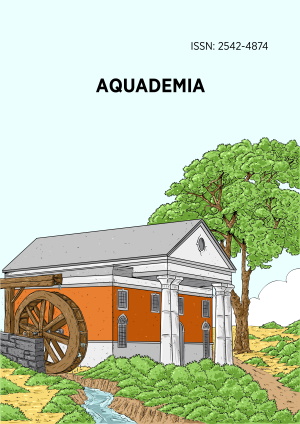Abstract
Subsistence of freshwater resources at high altitude regions has remained a paradox for stakeholder communities at both regional and global levels. To address such an issue, Hydrologiska Byråns Vattenbalansavdelning Light (hereafter HBV) model was used to assess hydro-meteorological shifts triggered under climate change scenarios in snow dominant region of Chitral river basin. The model performed well both during calibration and validation periods with Nash Sutcliffe Efficiency values of 0.91 and 0.81 respectively on daily time scale in the basin. The HBV was thereafter engaged for the projection of streamflow in the Chitral river basin using projected data of four statistically downscaled climate models with four emission scenarios for the 21st century. Multi-model ensemble projections of precipitation revealed an increase of up to 165% in monsoon inception period and an increase in temperature of up to 9.5°C in winter to summer transitioning period for the 2070‒2099 time slice under a high-end emission scenario. An increase of up to 122% in evapotranspiration was projected in the peak winter months for the 2070‒2099 time slice under the high-end emission scenario. Attributed to the significant increases in the temperature and the liquid precipitation, it was projected that basin streamflow had potential to increase by up to 182 % in the monsoon inception period for the 2070‒2099 time slice under the high-end emission scenario. It further indicated that precipitation might be falling as liquid rain most of the year, and snow will hardly accumulate in prognosticated future environements of the basin.
License
This is an open access article distributed under the Creative Commons Attribution License which permits unrestricted use, distribution, and reproduction in any medium, provided the original work is properly cited.
Article Type: Research Article
AQUADEMIA, Volume 4, Issue 1, 2020, Article No: ep20015
https://doi.org/10.29333/aquademia/8226
Publication date: 30 Apr 2020
Article Views: 2462
Article Downloads: 1477
Open Access References How to cite this article
 Full Text (PDF)
Full Text (PDF)